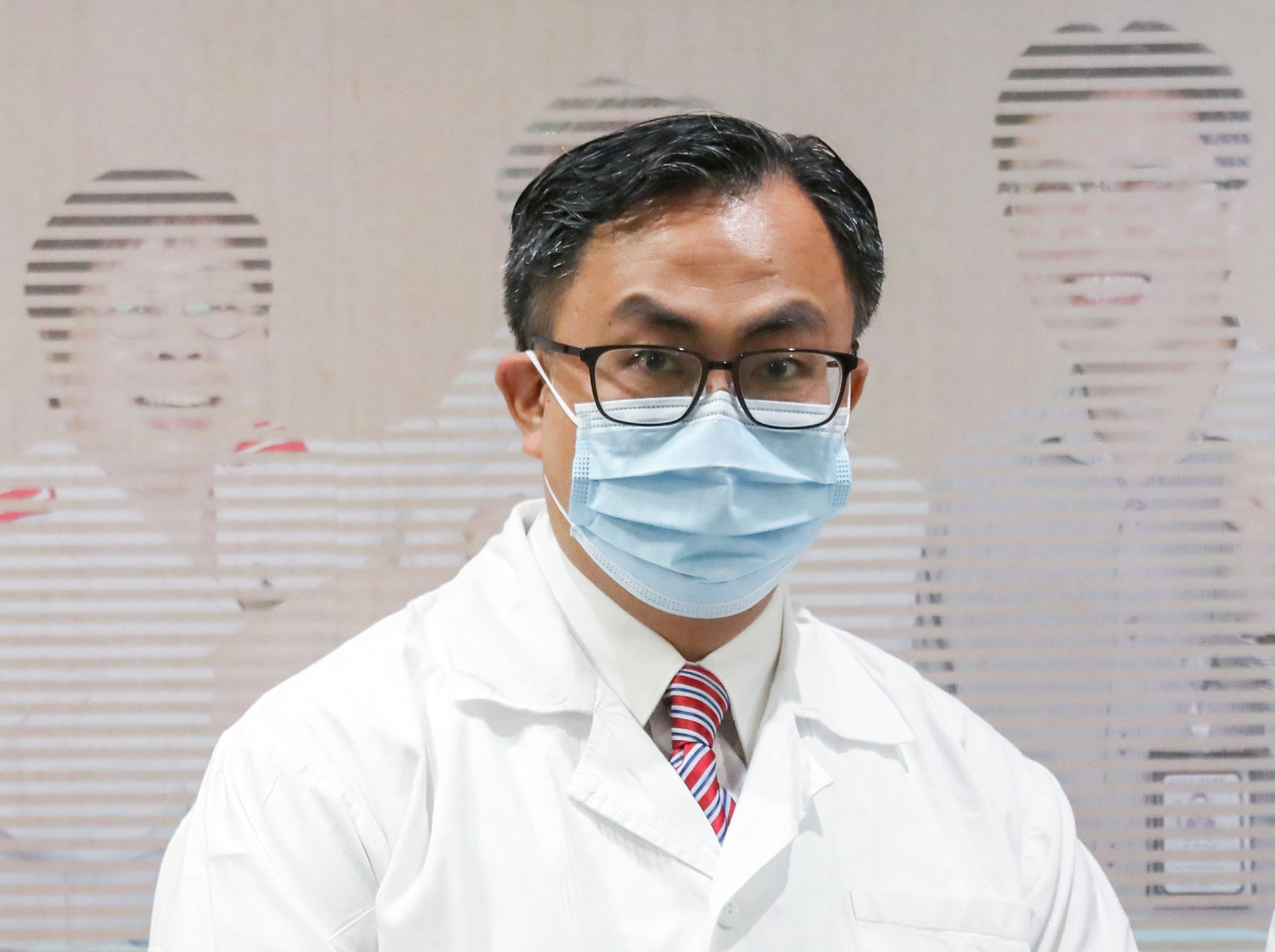Infection
Pfizer ‘seeking approval from Hong Kong authorities to introduce RSV vaccine’
Its symptoms include a runny nose, cough, headache, decreased appetite, body ache or weakness, as well as potential inflammation and a build-up of mucus in the middle ear.
“RSV can lead to the formation of syncytia, meaning that cells are fused together,” Kwan said.
“The large piece of dead cells could block the respiratory tract so that patients may have difficulty breathing. It is even more concerning for children with narrow respiratory tracts, such as infants, as it can impact their oxygen supply.”
He also noted children under the age of four were most at risk from the disease because of their limited contact and “almost no immunity” against respiratory viruses after the outbreak of the Covid-19 pandemic in early 2020.
Infants and elderly people are considered more prone to severe RSV infections, which can lead to hospitalisation. The disease is also the most common cause of bronchiolitis and pneumonia among children below the age of one.
In the United States and European Union, the Abrysvo jab was approved for use among those aged 60 and above in May and extended in August to women who are 32 to 36 weeks pregnant.
According to the US Centre for Disease Control, the vaccine can protect newborns against the virus for six months after birth.
Pioneer of mRNA vaccine touts technology’s promise while in Hong Kong for award
Pioneer of mRNA vaccine touts technology’s promise while in Hong Kong for award
British pharmaceutical company GSK’s version of the RSV vaccine, Arexvy, is also available for those aged 60 and above in the US, EU, the United Kingdom and Canada. Since September, Japan has been the only country in Asia to stock the jab.
Kwan said it would be “theoretically ideal” for women in Hong Kong to receive the Pfizer vaccine during the late second or third trimester of their pregnancy so their children could be protected from severe RSV illness in the first few months after they were born, which could be the “most dangerous period” for their health.
While the paediatrician said there was no official data on community and hospitalised RSV cases in Hong Kong, he and some frontline doctors had noticed that infections had become more prevalent among children than before the pandemic.
“The RSV incidence has risen globally because people had limited contact with the virus during the Covid-19 pandemic,” he said.
Moderna says bivalent Covid vaccine approved for Hong Kong use
Moderna says bivalent Covid vaccine approved for Hong Kong use
“Unlike before, the infections have no seasonal distribution now, meaning that they are prevalent throughout the whole year. In the past, we only saw surges in RSV infections among children during winter, but now we have to deal with it all year long.”
Kwan urged the city government to conduct an epidemiological study on RSV infections in Hong Kong, as well as any related hospitalisation cases and deaths, to evaluate the need for the vaccine.
“Only by analysing the number of RSV infections, related hospitalisation and deaths in Hong Kong, and evaluating the health burden of RSV infections, then the health economic benefits of introducing the RSV vaccine can be estimated precisely,” he said.
Professor Ivan Hung Fan-ngai, a top infectious diseases expert from the University of Hong Kong, said while RSV infections were not as prevalent as influenza and Covid-19, he supported a local roll-out of the vaccine.
Flu vaccine makers ‘set aside 200,000 doses’ to plug Hong Kong gap amid case spike
Flu vaccine makers ‘set aside 200,000 doses’ to plug Hong Kong gap amid case spike
Both vaccines from Pfizer and GSK have an efficacy of more than 80 per cent for elderly, he added.
Kwan and Hung are members of the government’s Scientific Committee on Vaccine Preventable Diseases.
Respiratory medicine expert Dr Leung Chi-chiu also agreed that introducing RSV vaccines could prevent complications among high-risk groups.
“Granting approval for the vaccines will allow an additional choice for residents but it may not be subsidised by the government in the early stage,” he said. “Even if it is approved, the demand may not be huge as some high-risk groups, such as infants under the age of one, are not eligible for the vaccine.”
In a reply to the Post, the Department of Health said that under the Pharmacy and Poisons Ordinance, pharmaceutical products, including vaccines, should meet the criteria of safety, quality and efficacy, and be registered with the Pharmacy and Poisons Board before they can be sold or distributed in the city.
The Post has contacted Pfizer for comment.

